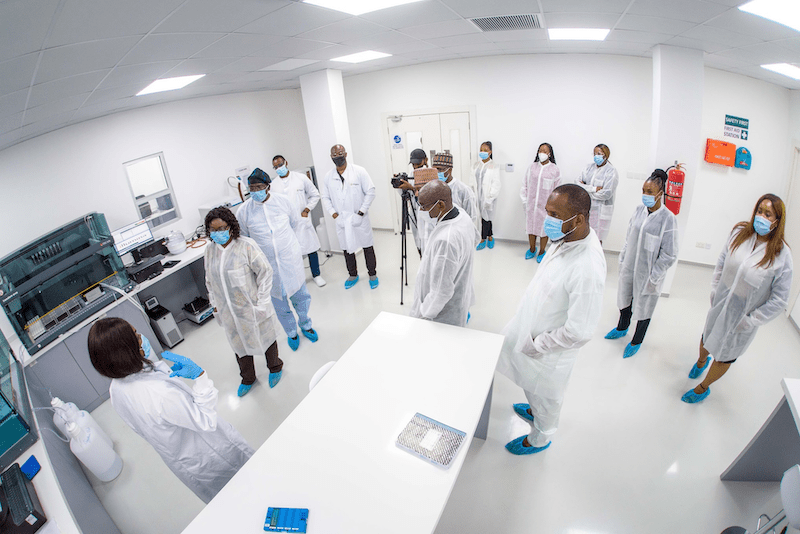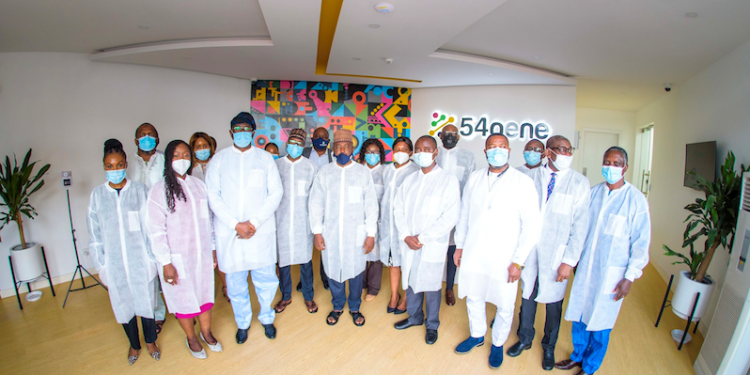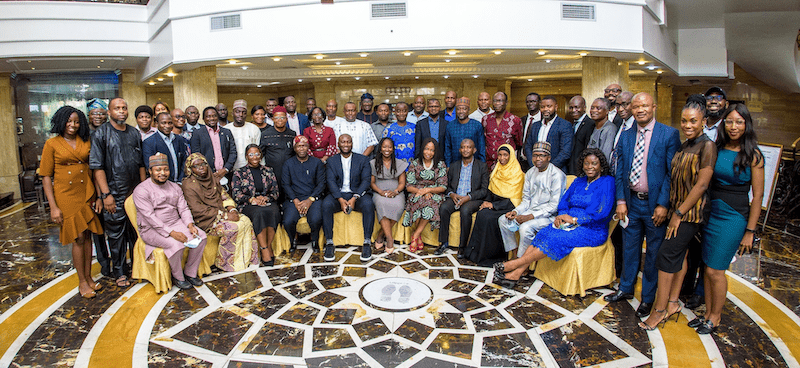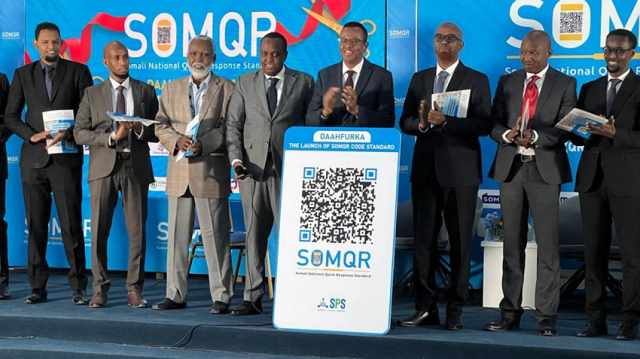54gene concludes the first phase of landmark Nigerian 100k Genome project

Through its non-profit initiative, the African Centre for Translational Genetics (ACTG), 54gene, the health technology company advancing African genomics research for improved global health outcomes, has completed its first consortium-led publication on over 100,000 Nigerians, as commissioned in 2020 at its launch.
The Non-Communicable Diseases Genetic Heritage Study (NCD-GHS) consortium has published an article entitled “Promoting the Genomic Revolution in Africa through the Nigerian 100k Genome Project” in the prestigious journal Nature Genetics.
To fulfill the ACTG’s purpose, 54gene’s ACTG operates as a unique public-private collaboration including outstanding African scientists who are directed by a team of worldwide genomic professionals who serve as the Scientific Advisory Board.
The consortium, which includes scientists from 54gene, the Nigerian Institute of Medical Research, and the National Biotechnology Development Agency’s Center for Genomics Research and Innovation, as well as researchers from multiple Nigerian academic institutions and the London School of Hygiene and Tropical Medicine, is based on a shared vision of positioning African populations to benefit from genomic science advances.

According to the report, about 3% of genomic data utilized for genome wide association studies (GWAS) originated from people of African heritage in January 2019, with that percentage declining to 1.1 percent in 2021. The report describes efforts to create a valuable resource that could help African populations benefit considerably from worldwide efforts to achieve precision treatment for diverse ailments.
This was accomplished by creating a comprehensive catalog of human genetic variation and examining the characteristics of non-communicable diseases (NCDs) in 100,000 Nigerian adults in order to better understand the genetic basis of diseases like cancer, diabetes, Alzheimer’s, chronic kidney disease, and sickle cell disease, among others. Noncommunicable diseases (NCDs) kill more than 41 million people worldwide each year, accounting for 71% of all deaths. By 2030, the prevalence of NCDs is expected to surpass that of infectious diseases in Africa.
The study covers the entire Nigerian population, with data collected from the country’s six geopolitical zones and samples drawn from the majority of the country’s more than 200 ethnolinguistic groups, with ethically consulted participants falling into two categories: disease cases recruited from disease specialist clinics, and community cases recruited from communities through household surveys.

“Along with our collaborators, we are thrilled to be leading the new frontier of African genomics,” 54gene Founder and CEO Dr. Abasi Ene-Obong said. Precision medicine is more inclusive than the one-size-fits-all approach to disease therapy, treating people based on their unique genetic composition. Nigeria has one of the world’s most diversified ethnolinguistic concentrations, with over 200 ethnic groups and 500 languages. This groundbreaking study of the Nigerian people provides a fantastic glimpse into how variety is represented across Africa. We are pleased about how this study makes the promise of precision medicine more accessible to Nigerians, Africans, and the world population, with recruitment nearly complete and data creation and bioinformatics analysis underway.”
“I am extremely happy of what NCD-GHS has accomplished in only approximately two years,” said Dr. Segun Fatumo, co-lead NCD-GHS and first author of the milestone study. In front of our eyes, 100K African genomes are sprouting from more than 300 ethnic groups in Nigeria. The current dearth of genetic diversity has resulted in major scientific and medical opportunities being squandered, but the NCD-GHS strategic vision to promote new large-scale investigations with rich African genome datasets would help overcome some of those gaps. I am ecstatic to be a co-leader of this project. The NCD-GHS’ public-private cooperation with 54gene is a model for increasing diversity in genomic studies, as well as capacity building and a plan to generate more African genomic leaders.”
“The 100k initiative supports 54gene’s primary aim to equalize precision medicine, by building rich genetic datasets that will be utilized to create strong insights for the benefit of African, and other worldwide populations,” stated Colm O’Dushlaine, Vice President, Genomics and Data Science at 54gene. Africa has one of the most diversified populations on the planet. More variety – more shots on goal – can assist provide fresh insights into the genesis of disease and promote the discovery of potential treatment targets in genome-wide association studies. The NCD-broader GHS’s strategic objectives are extensive.
They include a focus on developing African genomics leaders, efforts to increase the number of skilled African genomics scientists to help drive new studies and discoveries, progressive health policy and practice initiatives, and the promotion of discourse and thought leadership on ethical, legal, and social issues in genomics research and precision medicine. 54gene’s goal and principles include all of these.”
“Building on the legacy of the H3Africa project, the NCD-GHS capacity building objective in the 100K Genome Project is a strategic undertaking that would catalyze the future we envision – of Africans with the skillset and knowledge, able to lead genomic insights generation and development to address health challenges faced by Africans over the long haul,” said Aminu Yakubu, VP Research Governance and Ethics. It’s a people-centered impact creation program coordinated by the African Center for Translational Genetics that prioritizes the social value of the work we conduct.
One of the NCD-GHS themes was purposefully focused on governance and ethics to ensure that we were following current country-specific and international best practices. Our commitment to support academic thought leadership on ethics and governance concerns in genomics research will help us to grow as we learn new approaches to protect research participants’ welfare and promote fairness in research collaborations.”







